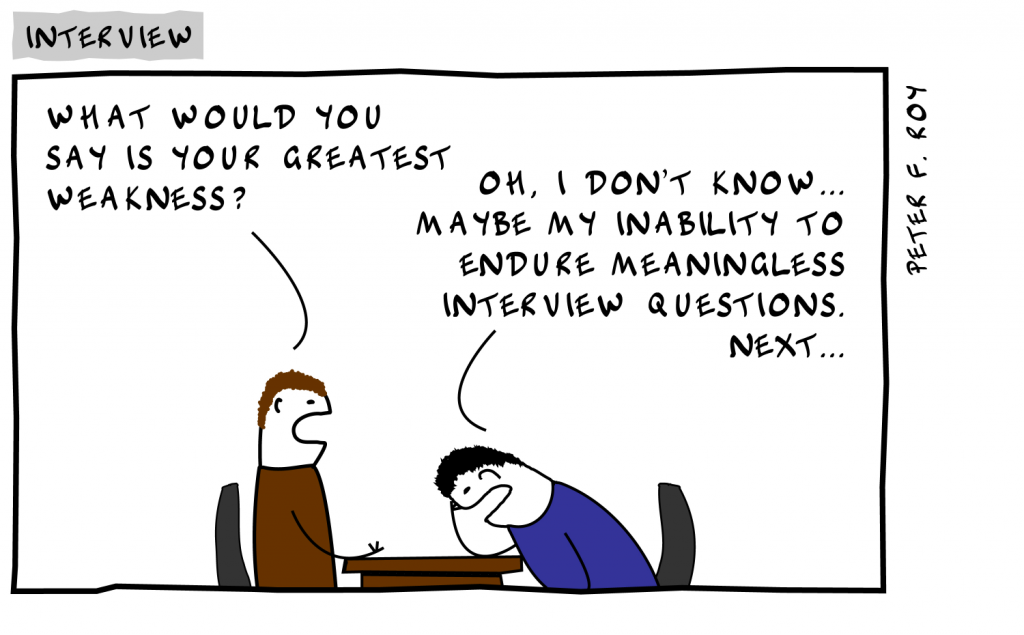*This tutorial does not teach MBI or how to score a candidate's responses to MBI questions. This tutorial is a refresher only for those who have already been MBI trained. There are several fast ways to learn MBI including the on-demand, interactive online web course and the new SHRM-published book titled "Motivation-Based Interviewing - A Revolutionary Approach to Hiring the Best, Anniversary Edition." Both are available for purchase on this website.
There are many holes in behavior-based interviewing that allow marginal job performers to be mistaken as good hires. One of the biggest problems is with the interview questions themselves. Asking behavior-based interview questions is like the untamed Wild West where almost anything goes!
As a result, lots and lots of bad interview questions are being asked. Many actually favor the job seeker (not the interviewer) by soliciting easy success stories that even poor performers can answer reasonably well. Furthermore, the Internet is full of advise for job seekers on the do's and don'ts of answering behavior-based questions.
The interview questions asked during the employee selection process are extremely important. This cannot be stated strong enough. Interviewers use their questions to gather candidate information which they will, in turn, use to base their hiring decision on. Interviewers who ask ineffective questions are 100% guaranteed to make some bad hiring decisions that could have been avoided.
One of the great things about motivation-based interviewing training is it teaches interviewers "why" some people go above and beyond, while others stop at average job performance. Here's a clue; it takes more than just skill to be a High Performer. Just because someone has the skill to do the job doesn't also mean he or she will do that job better than most others. It's time our employee selection process aligned with how achievement and success comes about.
MBI skill assessment questions go further by gathering a second piece of candidate information that is a better predictor of future job performance and success than skill. It gathers information about the candidate's "attitude". And because you're using your skill-assessment questions it takes no extra interviewing time. Candidates can't fake answers to MBI questions either. The key to success is properly and consistently phrased questions that follow the rules you learned during your MBI training. Ready to get started?
